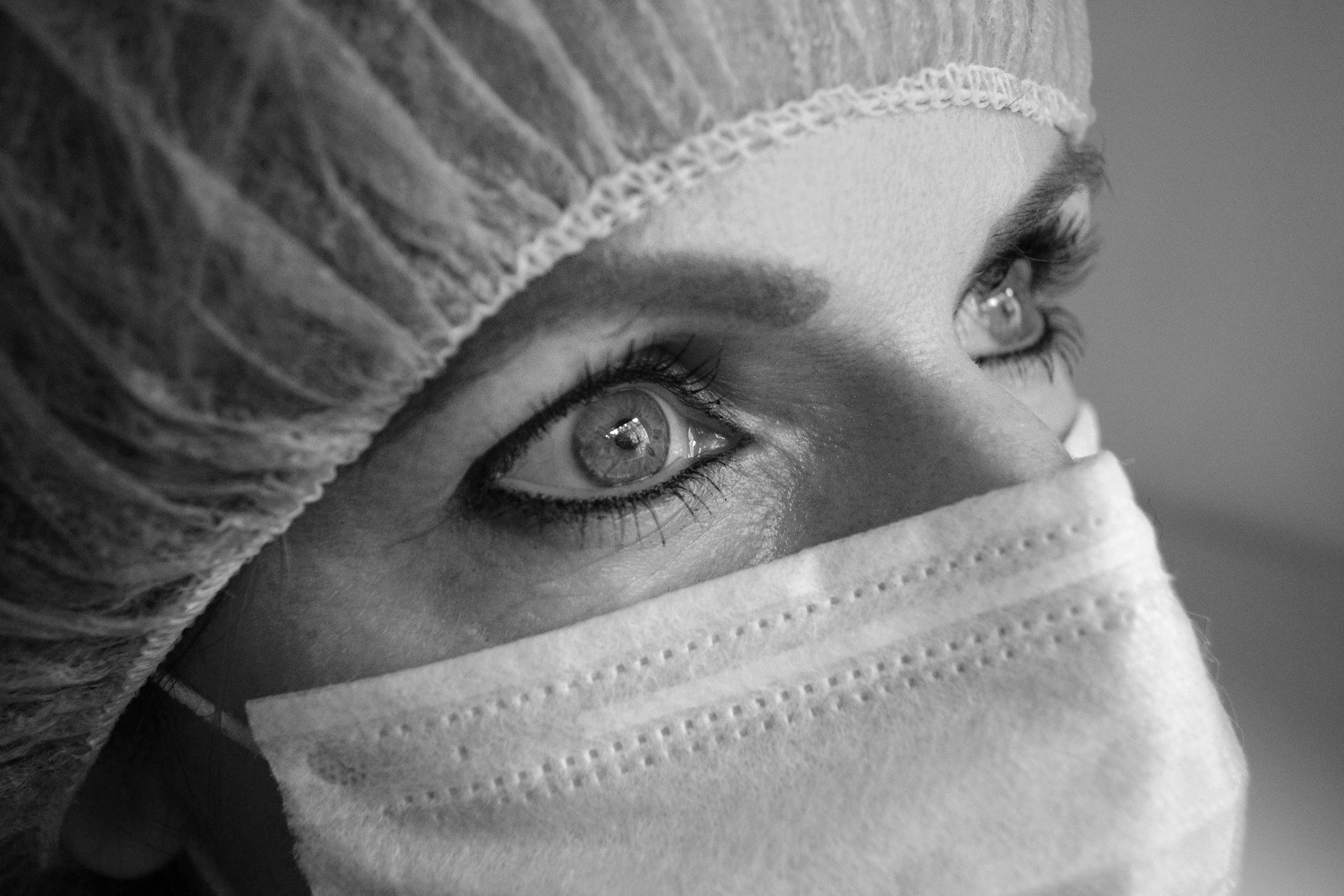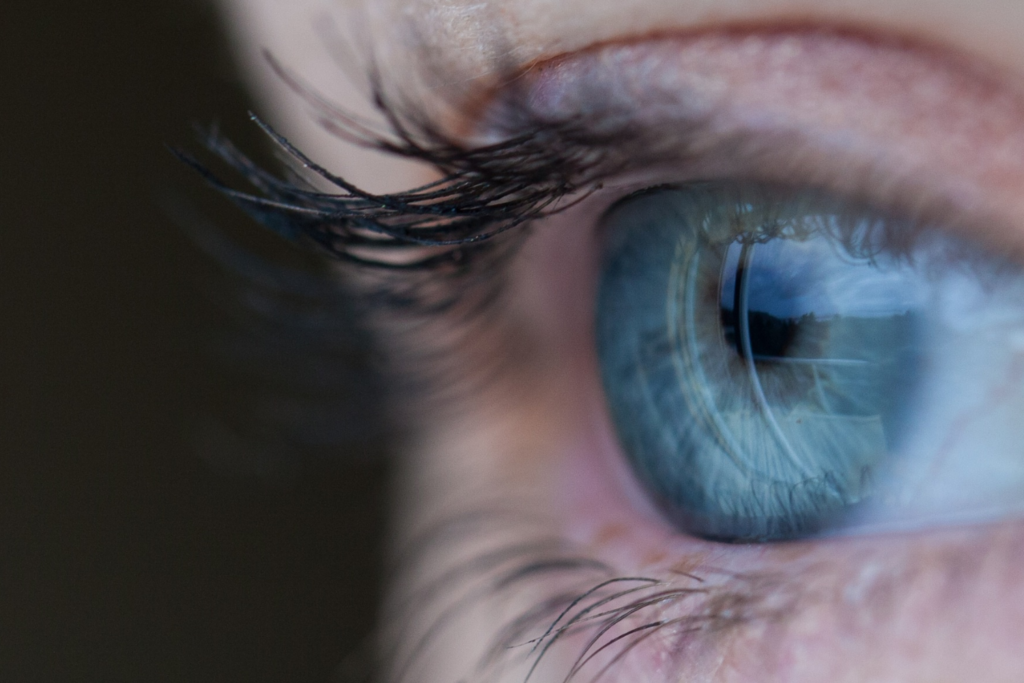 As we all navigate the changes that are are part of the coronavirus reality, one piece of constant advice from medical experts has been to avoid touching your face, particularly your nose, mouth, and eyes. Doing so can significantly reduce your risk of getting infected.
As we all navigate the changes that are are part of the coronavirus reality, one piece of constant advice from medical experts has been to avoid touching your face, particularly your nose, mouth, and eyes. Doing so can significantly reduce your risk of getting infected.
However, since you’re advised not to touch your eyes, what’s the best way to go about wearing contact lenses, or maintaining appointments with your eye doctor? And are there other things you should be doing to protect your eyes? Here are some tips from the American Academy of Ophthalmology for you to consider:
1. There may be slight changes to your routine eye exams or procedures.
It’s understandable if you’re nervous about going to the doctor’s office, even for a routine eye exam. After all, the nature of an eye exam requires ophthalmologists to sit face-to-face with many patients daily.
However, did you know that your eye doctor can also meet with you virtually via a telemedicine appointment?
And for appointments that are in office, rest assured that ophthalmologists, like all medical professionals, follow strict hygiene and disinfection guidelines for themselves, their equipment, and their offices.
Depending on how local guidelines are changing, here are a few changes you may encounter:
- Whether you’re a new or established patient with Baptist Eye Surgeons, you can set up a telemedicine appointment by Skype or Google Hangouts.
- If you do need to come in and coronavirus is especially active in your community, your doctor may ask you to wait outside, or in your car, instead of in the normal waiting room. This is to protect you, other patients, and the office staff from germs that could circulate in too-crowded waiting areas.
- If coronavirus is present in your community, don’t be surprised if non-emergency surgeries and procedures are postponed. If that happens, your appointment will be rescheduled but you should also know that your ophthalmologist will be sure that you are cared for in case of any emergency issues.
- Your eye doctor may use a mask or a special plastic barrier called a slit-lamp breath shield to help block the exchange of breath between you and your doctor.
- If you have a cough or a fever, it’s essential to call your eye doctor’s office ahead of time and let them know. If your scheduled visit is not an emergency, they may ask you to stay home. If it is an emergency and you need to come in, they’ll tell you how best to protect yourself and others.
2. What about rubbing your eyes?
Many of us rub our eyes without thinking about it, especially when we’re tired and our defenses are down. It can be hard to break this habit, but try to be aware of it and avoid rubbing your eyes to lower your risk of infection. If you do feel an urge to itch or rub your eye, use a tissue instead of your fingers.
If dry eyes are making you more prone to rubbing your eyes, consider using moisturizing eye drops per the instructions on the package. If you must touch your eyes for any reason—even to use eye drops or eye medicine—wash your hands first with soap and water for at least 20 seconds.
3. For those who wear contact lenses:
It’s ok to continue wearing your contact lenses, as long as you follow these hygiene tips to reduce your chances of infection. Be sure to wash your hands thoroughly before touching your contacts, and practice careful maintenance of your lenses.
You can also consider wearing your glasses more often, particularly if you have a habit of touching or rubbing your eyes more frequently when you’re wearing contacts.
4. Does wearing glasses or safety goggles help?
Many people assume that wearing eyeglasses or sunglasses will shield your eyes from infected respiratory droplets, such as if someone coughs or sneezes nearby. They may provide some degree of protection, but glasses don’t provide 100% of a barrier since the virus could still technically reach your eyes from the exposed sides, tops, and bottoms of your glasses.
If you’re caring for a sick patient or a potentially exposed person, you may be advised to wear safety goggles for a more secure protection of your eyes.
5. Stock up on eye medicine prescriptions if possible.
You may have heard experts saying that patients should stock up on critical medications, so that they have enough to get by if they are quarantined or in case supplies become limited. If you require essential eye medicine, such as glaucoma drops, and your insurance allows you to get more than 1 month supply, you should do so if you can.
Some insurers will approve a 3-month supply of medication in times of natural disaster. If you have any trouble getting approval from your insurance company, ask your pharmacist or ophthalmologist for help. Be sure to also request a refill as soon as you’re due, don’t wait until the last minute to contact your pharmacy.
No doubt this is an unprecedented time, and we at Baptist Eye Surgeons are fully committed to caring for our patients as we all get through this together. Remember that we are set up to help you via telemedicine appointments, so you don’t even need to come into the office if it’s not necessary.
If you have any questions about telemedicine appointments with your eye doctor, or how best to protect and care for your eyes and your vision, don’t hesitate to give us a call at give us a call at 865-579-3920.
Baptist Eye Surgeons is an ophthalmological practice in Knoxville, TN, and Morristown, TN, dedicated to providing quality eye care to patients whose needs range from routine comprehensive eye examinations to serious eye diseases to complex surgeries. To meet our doctors and learn more about our specialities, visit our website, or give us a call at 865-579-3920 for more information, or schedule an appointment online.





